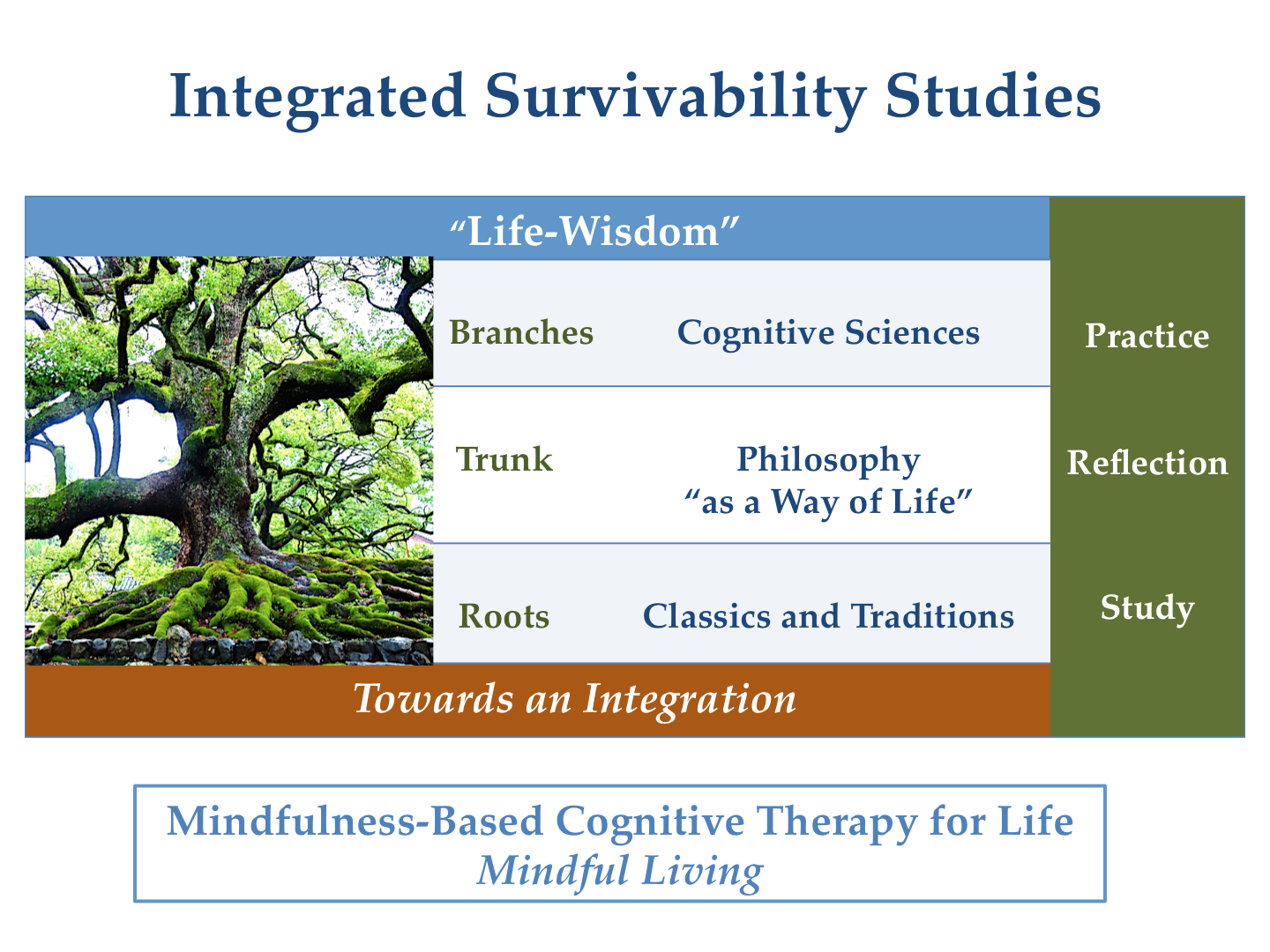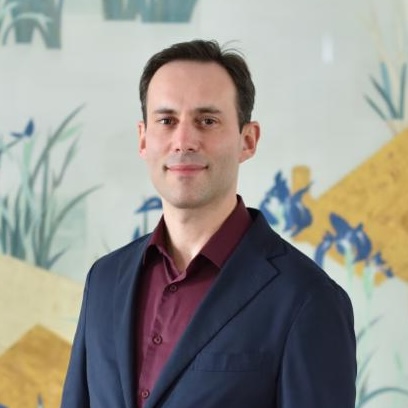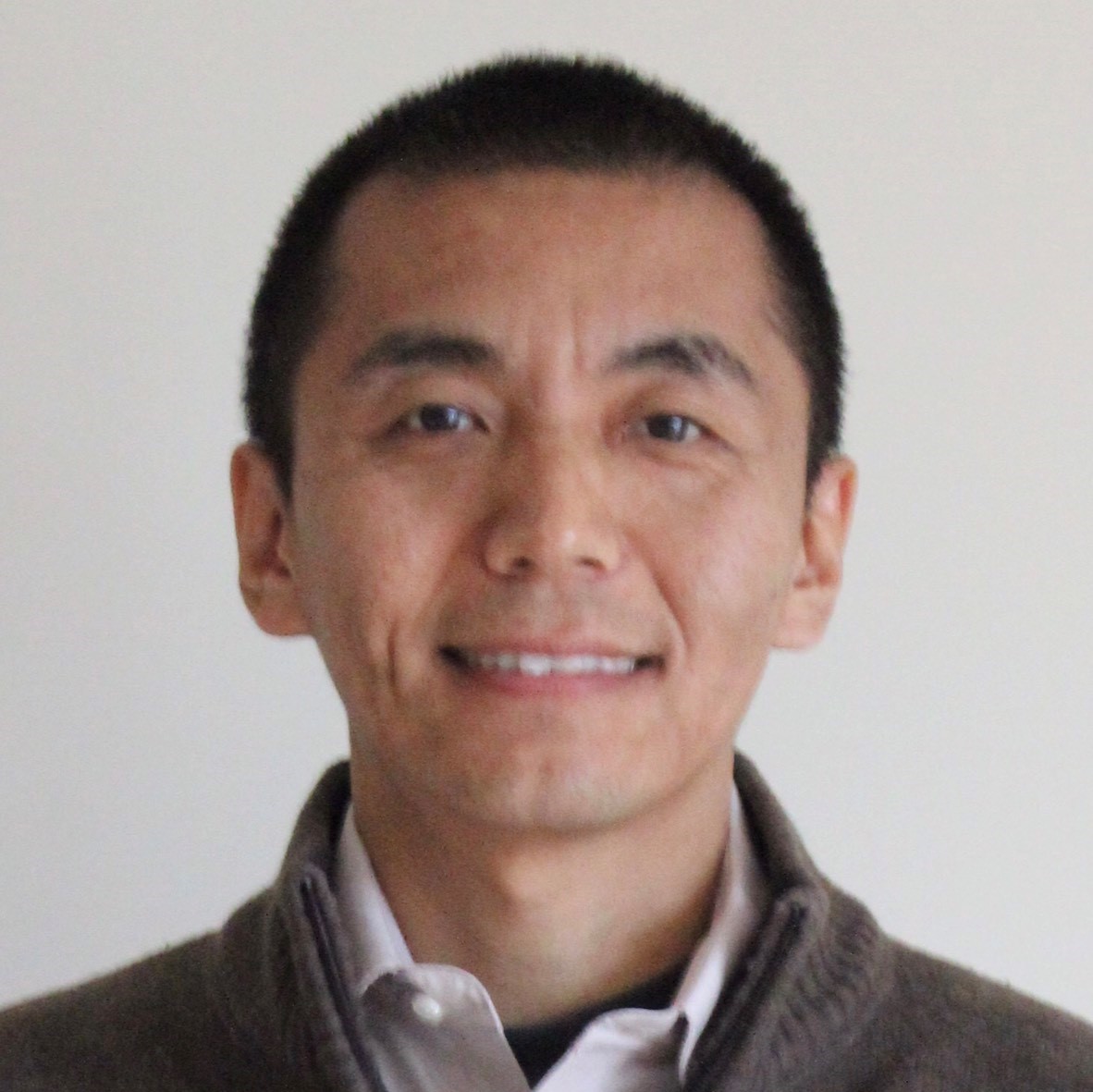About
Overview
The Mindful Living Research Group, as part of the
Graduate School of Advanced Integrated Studies in Human Survivability (GSAIS, Shishukan), Kyoto University,
is a graduate and post-graduate transdisciplinary research group focusing on “mindful living,” in search for the “good life” in the 21st century.
Originally a Buddhist concept, the core life-skill of “mindfulness” has become an essential notion at the crossroads of East and West,
mind and body, classical humanities and cognitive sciences, ancient wisdom and modern psychology, research and application.
Approaching mindfulness according to the model of the
“threefold wisdom” (study, reflection, and practice), we offer a transdisciplinary program
integrating (1) the study of classics and living traditions, especially Buddhist studies, (2) philosophy, especially understood as "a way of life" (with Pierre Hadot), (3) cognitive sciences,
especially through Mindfulness-Based Cognitive Therapy. This is all achieved with special reference to Kyoto's traditional culture and aesthetics of care. Such integrative "life-wisdom" is envisioned as addressing
the root mental cause of human distress, and thus offering in our critical times an integrated knowledge to survive and thrive. We welcome graduate or post-graduate research projects, and we
organize regular research meetings, reading group, mindfulness practice, transdisciplinary workshops, cultural activities, collaborating together on academic publications, curriculum development and actual implementation of mindfulness-based programs.
See more in the interview for University of Virginia Journal of Contemplative Studies.

"Mindful Living": An Integrated Approach
"Mindful Living"
By “mindful living,” we mean the integration of mindfulness into our actual existence through rigorous examination and in search of wisdom: more meaningful, careful, resilient, and sustainable way of life.
"Mindfulness": Bridging East & West, Classical Humanities and Modern Sciences
“Mindfulness,” originally a Buddhist concept (Pāli sati; Sanskrit smṛti; Tibetan dran pa; Chinese nian 念, Japanese nen) means the monitoring function of both memory and attention, and in its deepest level a presence of mind characterized with openness, clarity, and compassionate responsiveness regarding moment-to-moment direct experience. Over the last decades, this skill and its training techniques have been researched scientifically, leading to innovative (and thus sometimes questionable) applications in mainstream institutions (healthcare, legal system, education, workplace, etc.) in order to face contemporary challenges, alleviate suffering (stress, anxiety, depression, etc.), and promote human flourishing, “virtues” or character strengths.

shōnen, "correct mindfulness"
The Integrative Model: The Threefold Wisdom of "Study, Reflection, & Practice"
Our epistemological and methodological model is the Buddhist framework of the “threefold wisdom” (三慧) born from “study, reflection and practice” (聞・思・修),
in harmony with Western philosophia conceived as the synergy of logical discourse and way of life, in love with, and in search of wisdom. Beyond static and binary opposition,
the threefold wisdom model shows a dynamic articulation between the three main sources of knowledge, namely (1) tradition, (2) reason, and (3) intuition or direct experience,
each one being surpassed by the next in the process of the re-actualization of wisdom, that is, the personal acquisition of self-knowledge.
The diverse facets of mindfulness, mnemic, reflective and attentional, can also be integrated as (1) learning and keeping present in mind vital information,
(2) forming adequate re-presentations that structure our perception of the world, (3) and cultivating a direct presence of mind leading to liberating insights.
From a modern academic perspective, this model serves also to yoke together (1) historical and textual studies, (2) philosophical analysis, and
(3) fieldwork, experimental, or evidence-based research.
For more on this model, see: Mindful wisdom: The path integrating memory, judgment, and attention
"Mindfulness-Based Cognitive Therapy for Life": Cultural and Educational Perspectives
Our Research Group focuses thus particularly on cultures as the “life-worlds”
in which mindfulness practice is to be embodied and embedded, “cultures of attention,” the very fields of mindful living. From this perspective, and in collaboration with
Oxford Mindfulness Research Centre and
Oxford Mindfulness Foundation, we are currently researching, conceiving and developing philosophically
informed and culturally sensitive mindfulness-based interventions. We focus thus on Mindfulness-Based Cognitive Therapy for Life (MBCT-L), or
"Mindfulness for Life" dedicated to the general or healthy
population, and with a focus on higher education and life-long learning.
We have published a paper on journal Mindfulness on this topic, titled: "Mindful Way From Information to Knowledge, to Wisdom, and to Life: Perspectives on Mindfulness (-Based Cognitive Therapy) for Higher Education."

©京都大学 清風荘
 ©京都大学 清風荘
©京都大学 清風荘
People

Main Supervisor: Marc-Henri Deroche,
PhD, Associate Professor, GSAIS, Kyoto University
JSPS Grant-in-Aid for Scientific Research (C) 2023-2027 Project Number 23K00048
"Mindfulness according to the Nyingma School of Tibetan Buddhism: Philology of Canonical Sources, Exegesis, and Philosophy of Self-Awareness"

Ryotaro Kusumoto
Visiting Research Fellow, GSAIS, Kyoto University
PhD Candidates

Lhamtso Tseyu, “From Ancient Buddhist Philosophy to Modern Psychological Contexts: A Study on Reinterpreting the Concepts of Mind and Mental Factors of the Mahāyāna Yogācāra Tradition” (2022-2027)

Zheng Xiaoyu, “Cultural Survival and Revival in Contemporary Eastern Tibet: A Study on the Life of Lungtok Gyaltsen (1927-2011)” (2022-2027)

Kevin Roche, “Awakening the Senses: Cultivating Mindfulness to Harvest the Benefits of the Contemplation of Nature” (2025-2027)
Graduated Students

Lobsang Gnon Na, "A Study of Mindfulness, Meta-awareness, and Ethics in Tibetan Philosophy and Their Application to Social and Emotional Learning Based Education" (2019-2024) (Co-supervised with Izumi Miyazaki, Professor, PhD, Graduate School of Letters, Department of Buddhist studies, Kyoto University)
Ryotaro Kusumoto, “Re-envisioning Higher Education with Mindfulness: Ancient Sources, Cross-Cultural Philosophy, and Integrated Applications” (2019-2024) (Co-supervised with Jeremy Rappleye, PhD, Associate Professor, Graduate School of Education, Education and Human Sciences, Kyoto University)
Nomura Masaki, "Japanese Philosophy of Mind-Body and Mindfulness: Re-Envisioning the Concepts of Shinshin-ichinyo and Nen in Zen Culture" (2020-2022)
Yuzue Natsuya,「情感性と生存力ーミシェル・アンリの生と文化の現象学の分析ー」(2018-2020)
Main Collaborators (Alphabetical Order)
- Michel Bitbol, MD, PhD, Emeritus Director of Research (Directeur de recherches émérite), French National Center for Scientific Research (CNRS), Ecole Normale Supérieure, Archives Husserl (UMR 8547)
- Michael Chase, PhD, Researcher (Chargé de recherches), French National Center for Scientific Research (CNRS), Centre Jean Pépin (UMR 8230)
- Masakatsu Fujita, PhD, Emeritus Professor, GSAIS, Kyoto University
- Yuki Imoto, PhD, Associate Professor, Faculty of Science and Technology, Department of Foreign Languages and Liberal Arts, Keio University
- Romaric Jannel PhD, Collaborating Researcher, Institute for Research in Humanities, Kyoto University; Director of program, Collège International de Philosophie, Paris
- Takafumi Kawakami, Abbot, Shunkōin Temple, Myōshinji, Kyōto
- Willem Kuyken, PhD, DClinPsy, University of Oxford Department of Psychiatry Professor, Oxford Mindfulness Research Centre Director
- Antoine Lutz, PhD, Director of Research, INSERM (French Medical Research Institute), Lyon Neuroscience Research Center
- Michael Sheehy, PhD, Director of Research at the Contemplative Sciences Center, Research Associate Professor in Tibetan Buddhist Studies, Department of Religious Studies, University of Virginia, USA
- Teruhisa Uwatoko, Doctor of Medicine, Kyoto University of Education University Health Center, Professor
